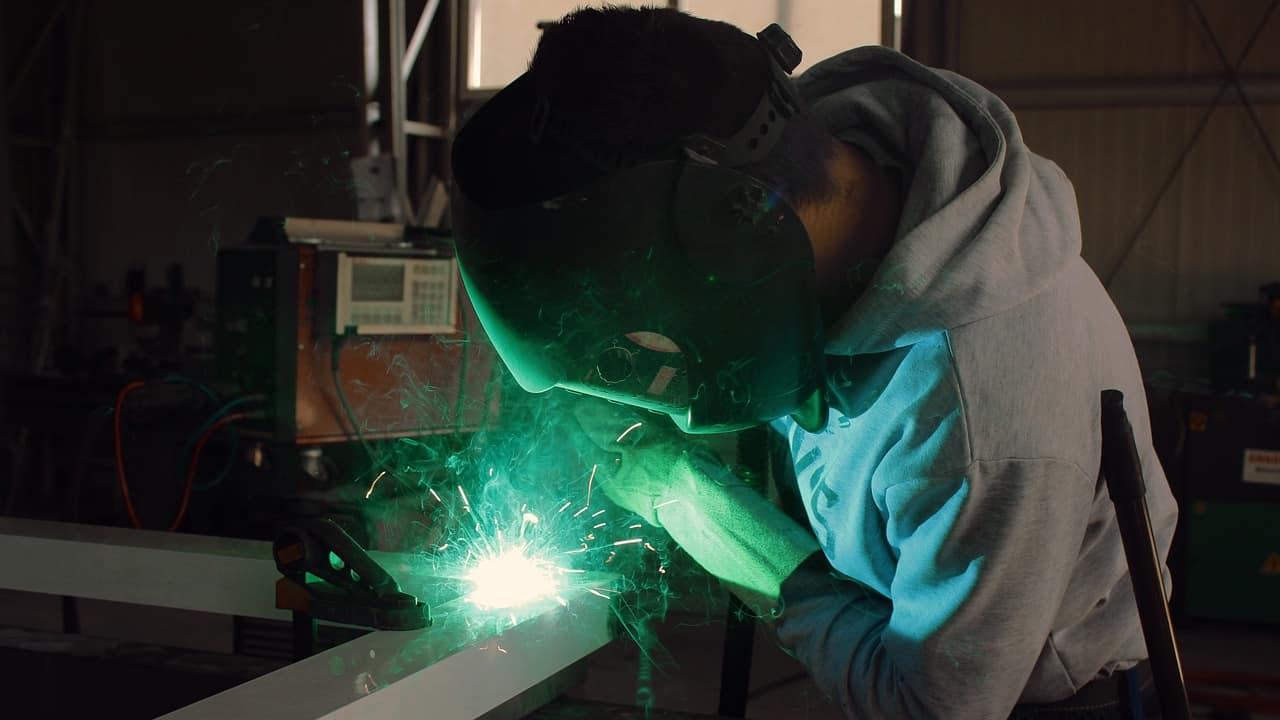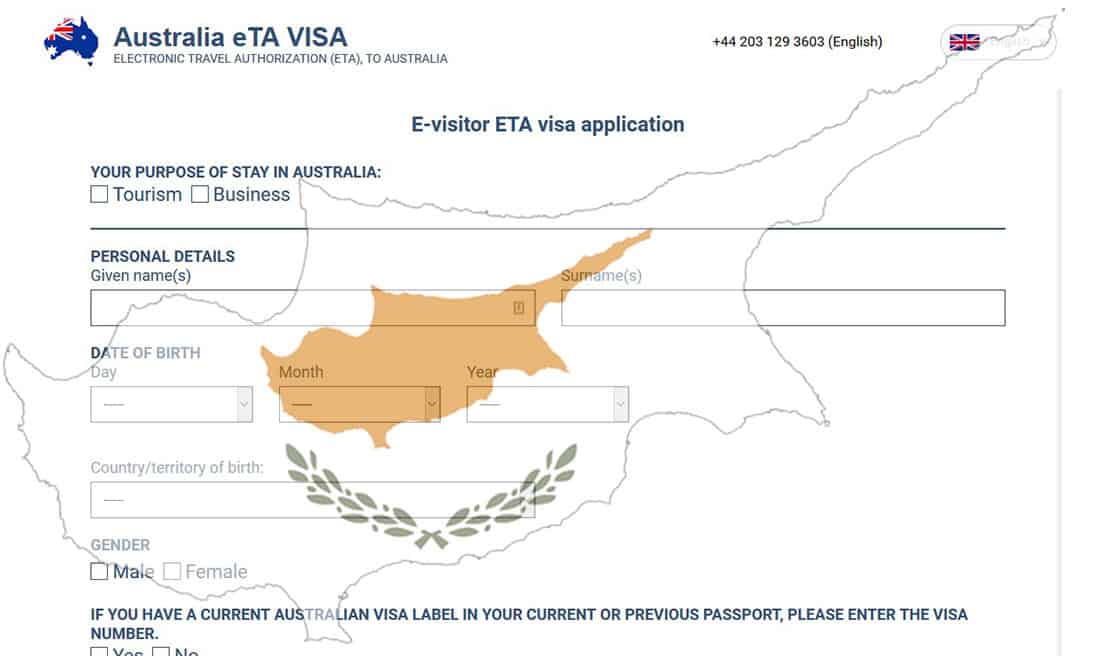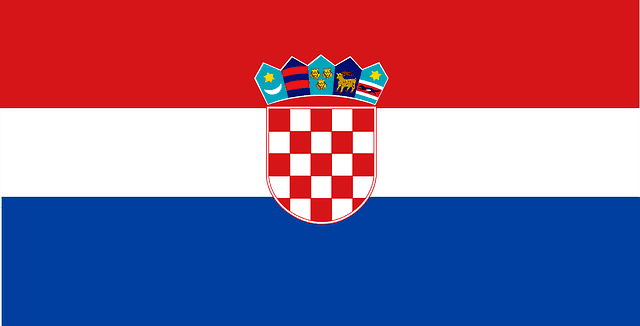Australia is quite a popular destination to consider when looking for employment opportunities if you are a skilled professional. The Australian government introduced several visa options to facilitate foreign immigrants moving to Australia and working there. Nevertheless, there are two main pathways that skilled workers may consider if they plan to work and live in Australia. These paths include the Skilled Nominated Visa 190 and the Independent Visa 189.
While both visa types are dedicated to skilled individuals, there are specific differences in visa eligibility criteria, the process of application, etc. Let’s take a closer look at the main differences between these immigration paths to compel any doubts regarding what visa type suits better your particular needs.
Skilled Independent Visa (subclass 189) vs. Skilled Nominated Visa (subclass 190)
This is probably the most often asked question by those considering moving to Australia. Therefore, the main difference between these two visas is the fact that the Skilled Independent Visa (189) requires no sponsorship. At the same time, a state or territory must sponsor an applicant for the Skilled Nominated Visa (190).
Holders of ‘sponsored’ visas have some obligations regarding their place of living, while those who hold an independent visa do not have such responsibilities.
The Skilled Nominated Visa obligations are as follows:
- receiving a nomination from the Australian state or territory (it means making an additional application to the state/territory and meeting their individual eligibility requirements);
- moving to a nominated state/territory within 6 months of the moment you have moved to Australia;
- living and working in the nominated state/territory for at least 2 years.
There are also two main differences between the visas subclass 189 and 190:
- The occupation nominated for subclass 190 visa must be one of these present on the Combined List of Eligible Skilled Occupations; the occupation for visa subclass 189 must be chosen from the ‘MLTSSL’;
- Holding a 190 visa gives an additional 5 points towards the points test factors if one is short of receiving the minimum score.
Application for a Skilled Independent Visa (189) and a Skilled Nominated Visa (190)
Step 1: Skills Assessment
- Subclass 189 visa: applicants choose an occupation from the Medium and Long Term Strategic Skills List.
- Subclass 190 visa: applicants choose an occupation from the Combined List of Eligible Skilled Occupations.
Once the applicant has chosen an occupation, they must pass a skills assessment (if their qualifications were not obtained in Australia). A specific assessing authority is responsible for conducting the evaluation.
Step 2: Submit an Expression of Interest
Once you have chosen the occupation and completed the skills assessment, the next step will be to lodge an Expression of Interest via the government’s Skill Select service (this step is common for both subclass 189 visa and subclass 190 visa).
The EOI requires providing certain information, such as your:
- standard personal data
- occupation you wish to nominate
- occupational background (work experience)
- education
- English skills
- business and investment experience
- skills assessment (about the nominated occupation)
There is also a minimum score of 65 points on test factors that one must achieve to lodge an Expression of Interest. These points can be received for age, one’s English skills, skilled employment, particular qualifications, and others.
Step 3: State Sponsorship Application (only for 190 visas)
This step only applies if someone requests a Skilled Nominated Visa (190). Every state or territory has its own job lists. That is why 190 visa applicants must lodge a state sponsorship application. Applicants can indicate which state or territory they wish to work and live in.
The aim of state sponsorship application is not to link an applicant directly with an individual employer but to locate them in a particular state, especially one with a shortage of specialists with specific skills.
Depedning on the selected state or territory in Australia, the requirements may differ.
Step 4: Online Application
Once your EOI is successful, you will receive an invitation to apply for either a Skilled Independent Visa or a Skilled Nominated Visa. You will have 60 days to submit your visa application when you receive this invitation. During these 60 days, you cannot change the submitted EOI.
Benefits of being a holder of a Skilled Independent or Skilled Nominated Visa
Many people wish to apply for one of these visas as both allow their holders and family members to become permanent Australian residents. A person who has been granted a Skilled Nominated or Skilled Independent visa can:
- live and work in Australia for an indefinite period
- take up education in Australia
- enrol in Medicare
- apply for the Australian citizenship (after meeting the eligibility criteria)
- sponsor relatives for permanent residency
- travel in and outside of Australia for 5 years from the moment the visa was approved (after these 5 years, they will need a resident return visa or another visa to return to Australia)









